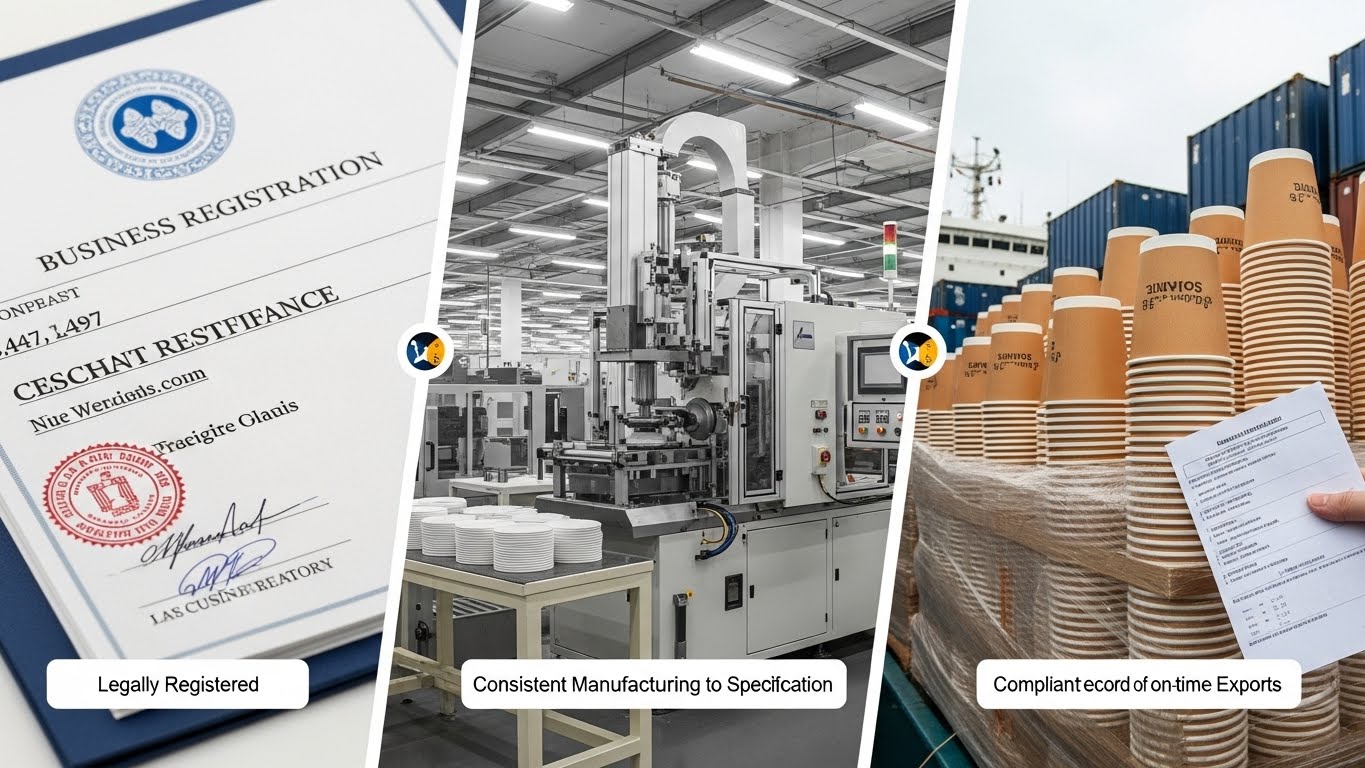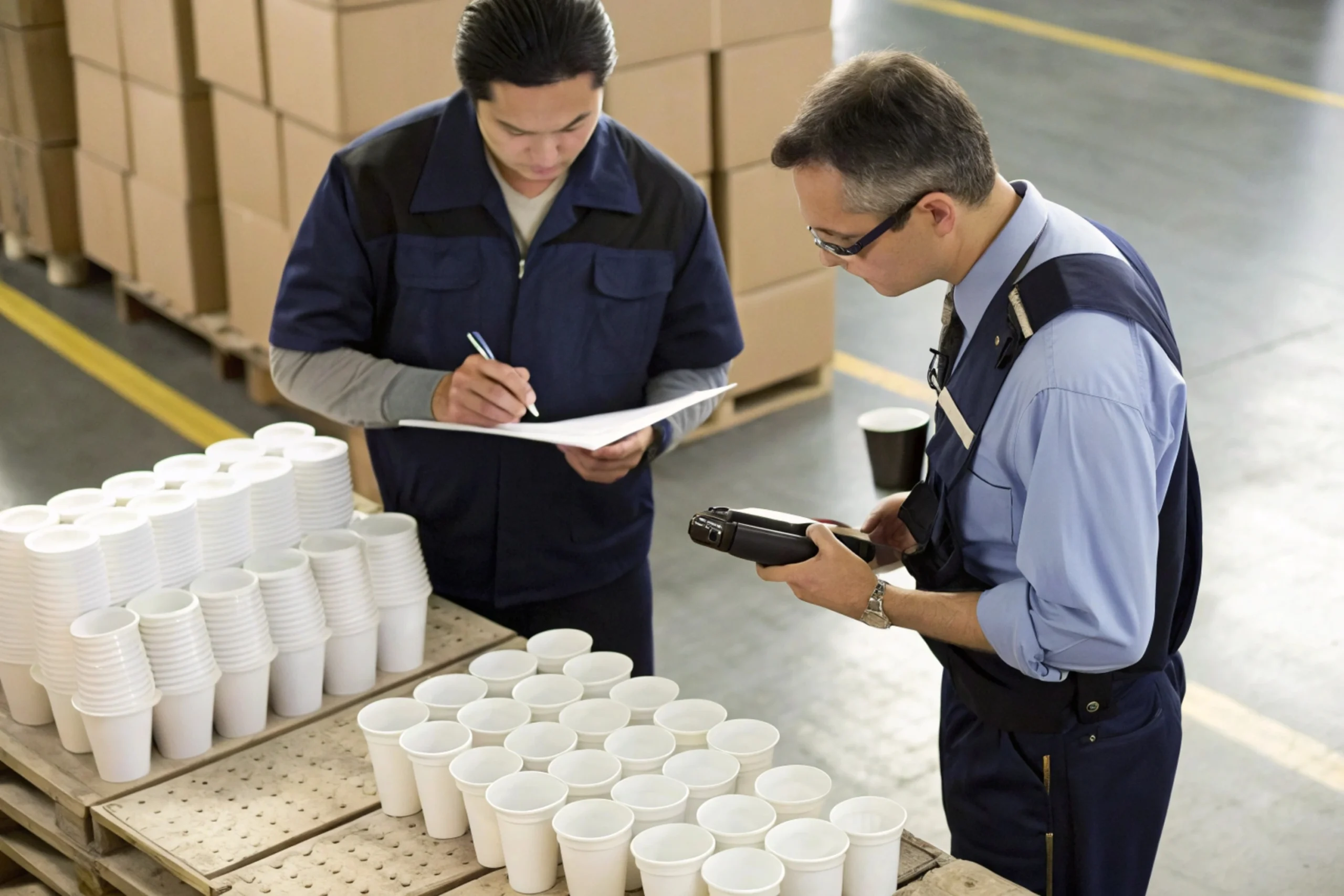Customs clearance is a crucial process in international trade that is necessary to ensure that goods and products are legally imported or exported from one country to another. It involves the submission of all the necessary documentation, payment of taxes and duties, and compliance with all the regulatory requirements of the country of import or export. Customs clearance plays a vital role in facilitating global trade, ensuring the safety and security of products, and promoting fair and ethical business practices.

In this article, we will explore what customs clearance is, why it is important, and the steps involved in the process.
What is customs clearance?
Customs clearance is the process by which goods or products are approved by customs officials for import or export from one country to another. It is an important aspect of international trade that ensures that products meet all the legal requirements for entry or exit from a particular country.
Customs clearance involves the submission of all the necessary documentation, payment of taxes and duties, and compliance with all the regulatory requirements of the country of import or export. The process can be complex, and it is important to follow all the necessary procedures to avoid delays or penalties.

Why is customs clearance important?
Customs clearance is important for a number of reasons, including:
- Facilitating global trade: Customs clearance is essential for facilitating the flow of goods and products between countries. It ensures that products are legally imported or exported and that they meet all the necessary regulatory requirements.
- Ensuring product safety and security: Customs clearance helps to ensure that products entering a country are safe and meet all the necessary safety and quality standards. It also helps to prevent the import of illegal or dangerous products.
- Protecting domestic industries: Customs clearance helps to protect domestic industries by ensuring that imported products meet all the necessary regulatory requirements and are subject to the same taxes and duties as domestically produced products.
- Promoting fair and ethical business practices: Customs clearance helps to promote fair and ethical business practices by ensuring that all businesses are subject to the same regulatory requirements and taxes and duties.

What are the steps involved in customs clearance?
Customs clearance can involve a number of different steps depending on the type of product being imported or exported and the regulatory requirements of the country of import or export. However, there are some general steps that are typically involved in the process. These include:
- Preparation of documents: The first step in customs clearance is the preparation of all the necessary documents. This may include bills of lading, commercial invoices, packing lists, and certificates of origin. It is important to ensure that all the documents are accurate and complete.
- Submission of documents: Once all the necessary documents have been prepared, they must be submitted to the relevant customs officials. This may be done electronically or in person.
- Payment of taxes and duties: Depending on the product being imported or exported, there may be taxes and duties that must be paid. These can include import or export duties, value-added taxes, and excise taxes. Payment can be made electronically or in person.
- Inspection of goods: Customs officials may inspect the goods being imported or exported to ensure that they meet all the necessary regulatory requirements. This may include checking for compliance with safety and quality standards.
- Release of goods: Once all the necessary documents have been submitted and all taxes and duties have been paid, the goods can be released by customs officials for import or export.
- Transport of goods: Finally, the goods must be transported to their final destination. This may involve arranging for shipping or transport by air, land, or sea.
Conclusion
Customs clearance is a crucial process in international trade that is necessary to ensure that goods and products are legally imported or exported from one country to another. It involves the submission of all the necessary documentation, payment of taxes and duties, and compliance with all






